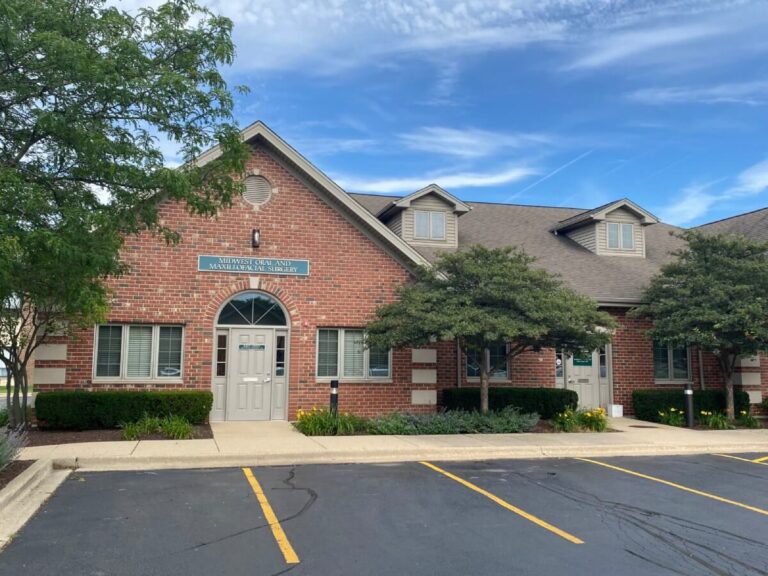The effects of IV sedation typically last for the entire duration of your procedure, and you may feel drowsy for a few hours afterward as the medications wear off. Although the sedation itself is short-lived, you’ll likely need the rest of the day to fully recover. For safety reasons, you’ll need someone to drive you home and stay with you for a few hours after the procedure.
Sedation Dentistry
Whether you're undergoing a minor procedure or something more involved like wisdom tooth removal, we offer sedation methods that reduce anxiety and make the experience smooth. Options range from local anesthesia to IV sedation, allowing us to personalize your care for the best possible outcome.
Sedation Dentistry for Comfortable, Stress-Free Surgery
At Midwest Oral & Maxillofacial Surgery, we offer several different sedation options to ensure your comfort. Our skilled team ensures your safety throughout the process, so you can relax knowing you’re in good hands. We tailor the sedation based on the procedure and your level of anxiety, making even the most complex treatments a breeze.
Call to Schedule01.
Local Anesthetic
Local anesthetic allows the patient to remain fully conscious throughout the procedure. The surgeon administers a local anesthetic, such as lidocaine, to numb the specific area where the surgery will take place. While often used on its own for simple procedures, local anesthetic can be used in conjunction with other methods of anesthesia for more complex surgeries. Local anesthetic is typically sufficient for minor oral surgeries like soft tissue procedures or simple tooth extractions.
02.
Nitrous Oxide Sedation
Nitrous oxide sedation, commonly known as laughing gas, is administered through a nasal breathing apparatus in combination with a local anesthetic. This mixture of nitrous oxide and oxygen helps the patient remain conscious but relaxed and calm. Nitrous oxide has sedative and pain-controlling properties, making it an effective option for simple oral surgeries and more complex procedures, such as tooth removal and dental implant placement.
03.
Office-Based IV Sedation
Office-based intravenous (IV) sedation, combined with local anesthetic, involves administering medications through an intravenous line to help the patient feel more comfortable and relaxed during the procedure. Commonly used medications include Versed (a benzodiazepine), Fentanyl (an opiate), and Diprivan, with supplemental oxygen provided through a nasal breathing apparatus. Throughout the procedure, the patient’s vital signs are closely monitored to ensure safety. IV sedation is an option for all types of oral surgery and is often chosen for more complex procedures, such as wisdom teeth removal or dental implant placement. It may also be necessary when local anesthesia alone is insufficient, especially in cases of infection.
04.
Hospital or Surgery Center Based General Anesthesia
This type of anesthesia is typically indicated for patients undergoing extensive procedures, such as facial and jaw reconstruction or TMJ surgery. It is also recommended for patients with medical conditions, such as heart or lung disease, who require general anesthesia to ensure their safety and comfort during the procedure.
FAQ
-
How long does IV sedation last?
-
Will I remember anything after IV sedation?
Most patients have little to no memory of the procedure due to the amnesic effects of the IV sedation medications. This helps reduce anxiety and discomfort, allowing you to feel more relaxed during the surgery. Although you won’t be completely unconscious, you’ll likely only recall bits and pieces, or nothing at all, once the sedation wears off.
-
Is sedation dentistry safe?
Yes, sedation dentistry is generally very safe when administered by trained professionals. Our team takes all necessary precautions to ensure a comfortable and secure experience, including reviewing your medical history and monitoring your vital signs throughout the procedure. We offer different levels of sedation to meet your individual needs, from mild sedation to help you relax, to deeper sedation for more extensive procedures.

